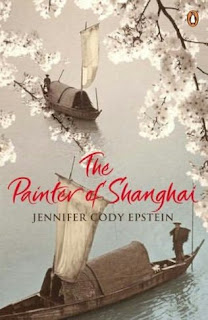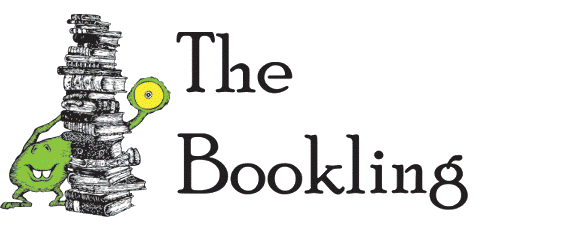 Pan Yuliang (1895-1977) was sold to a brothel at the age of 14 by her uncle and I'd suspect this is why the copy I have has a sticker on the front saying "If you liked Memoirs of a Geisha, you'll love this". Although that's a Japanese based book and this is a Chinese one... Probably all the same to Western audiences or something.
Pan Yuliang (1895-1977) was sold to a brothel at the age of 14 by her uncle and I'd suspect this is why the copy I have has a sticker on the front saying "If you liked Memoirs of a Geisha, you'll love this". Although that's a Japanese based book and this is a Chinese one... Probably all the same to Western audiences or something.Aaanyway - back to this book! In 1916 her contract is bought out by the local tax inspector, Pan Zanhua, who later makes her his concubine. He sets her up with a house Shanghai and she, pretty incredibly for a female in that time, gains admission to the Shanghai Art Academy and later on a scholarship to study in France. She painted a lot of female nudes and Epstein uses her background to explore how painting nudes could have been a way of accepting what happened to her during her time working at the Hall. China is going through some pretty turbulent times during Pan Yuliang's lifetime and it's interesting to see the impact this has on her ability to paint what, and how, she chooses.
When I finished the book this morning, I just had to see some of Pan Yuliang's work and found this selection here and another here. There's also a selection on the author's website here. I can see why she caused such a stir in Shanghai if paintings like the self portrait below were exhibited there in that era!
 The ex-historian in me gets a bit anxious about fiction mixing with real lives as I like to know just how much is true and what's been imagined but I have used my Good Friend Google to do a spot of research and feel much better now. It helps that it's clear throughout the book that Epstein's really done her homework and she describes people and places very vividly.
The ex-historian in me gets a bit anxious about fiction mixing with real lives as I like to know just how much is true and what's been imagined but I have used my Good Friend Google to do a spot of research and feel much better now. It helps that it's clear throughout the book that Epstein's really done her homework and she describes people and places very vividly. I did, however, have to do some research to remind myself of the political scene in China during the early/mid 20th century which helps to make sense of some of the activist groups and individuals mentioned in the book. I'd love Penguin to add a potted

No comments:
Post a Comment